More than three-quarters (77%) of UK grocery shoppers have switched, avoided or boycotted certain products - or would consider doing so in the future - because of the brands’ environmental policies, according to new research by global analyst firm Kantar.

Kantar questioned over 1,200 UK consumers between the ages of 16 and 65+ about their concern over a range of environmental issues and their purchasing decisions based on a brand’s sustainability and environmental credentials.
It found that the youngest age group of 16-24 year-olds was most likely to take action based on a brand’s environmental credentials, with 87% saying they have switched brands or might do so.
Some 40% of Millennials (25-34-year-olds) said they have avoided buying or decided to choose a different brand over the last 12 months, compared to only 9% of Baby Boomers (55-65+ year-olds).
However, almost half (46%) of Baby Boomers indicated that while they hadn’t switched or boycotted brands in the last year because of their environmental credentials, they might consider doing so in the future – the highest among all age groups.
Harsh working conditions, environmental pollution and the overuse of packaging are some of the issues consumers think carefully about before purchasing FMCG products.
Consumers ranked global warming as their number one environmental concern (25%), followed by the overuse of plastic and other forms of packaging (18%) and then deforestation and the loss of biodiversity (14%).
Over 70% of all consumers agreed that efforts by businesses to protect the environment are ‘too little, too late’, with younger generations of Millennials agreeing most with this statement (78%).
Mark Chamberlain, managing director of Brand, Kantar UK said: “Responsible living is being driven by cross-generational groups of ‘woke’ consumers that look towards inspiring brand heroes as change leaders. Governments and organisations are being forced to listen and respond to consumers’ demands for greater transparency as businesses strive to become more purposeful.”




















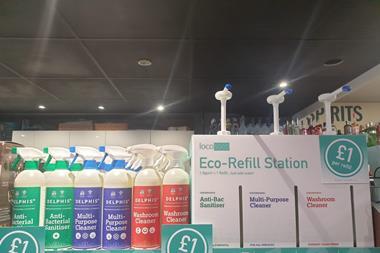
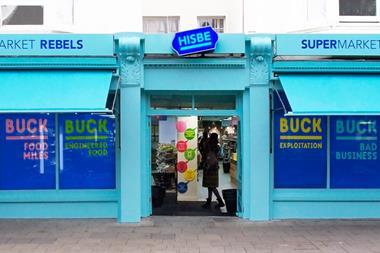
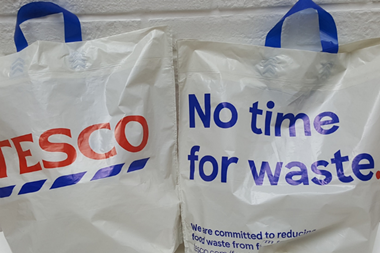

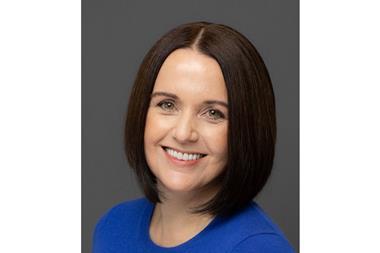






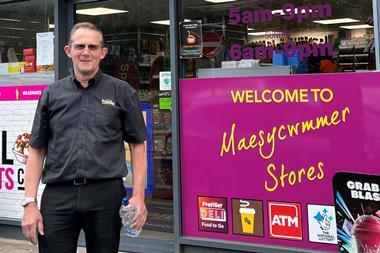
No comments yet